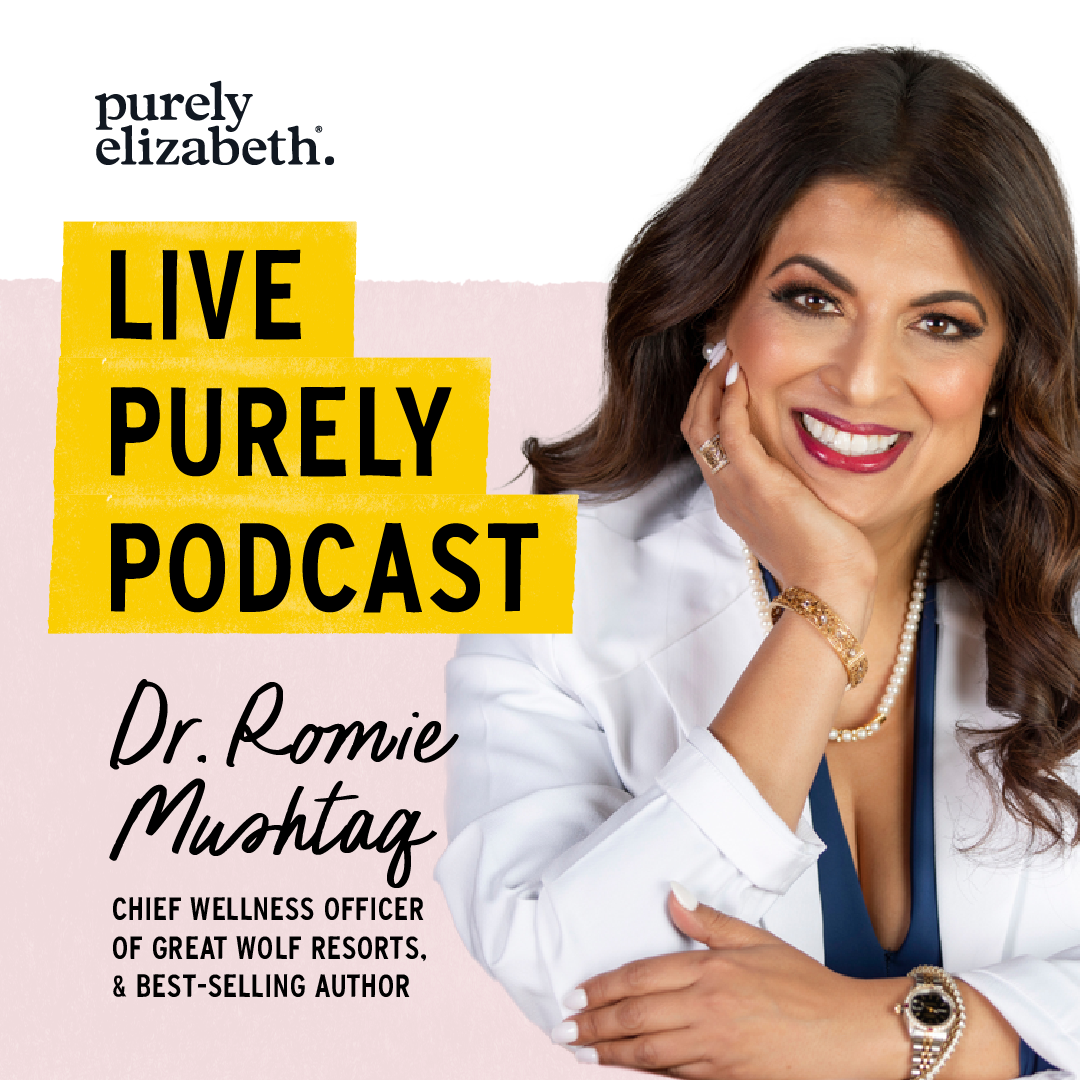Podcast
Self-Care Strategies for Calming a Busy Brain
with Dr. Romie Mushtaq

Contact us using the form below. We will get back to you within two business days.
For for customer support please contact support@purelyelizabeth.com.
For press inquiries please contact press@purelyelizabeth.com.
For wholesale inquiries please contact wholesale@purelyelizabeth.com.
Black Friday Sale: GET 25% Off with code Purelythanks, Ends in
Black Friday Sale: GET 25% Off with code Purelythanks, Ends in
Black Friday Sale: GET 25% Off with code Purelythanks, Ends in
Black Friday Sale: GET 25% Off with code Purelythanks, Ends in
Black Friday Sale: GET 25% Off with code Purelythanks, Ends in
Black Friday Sale: GET 25% Off with code Purelythanks, Ends in
